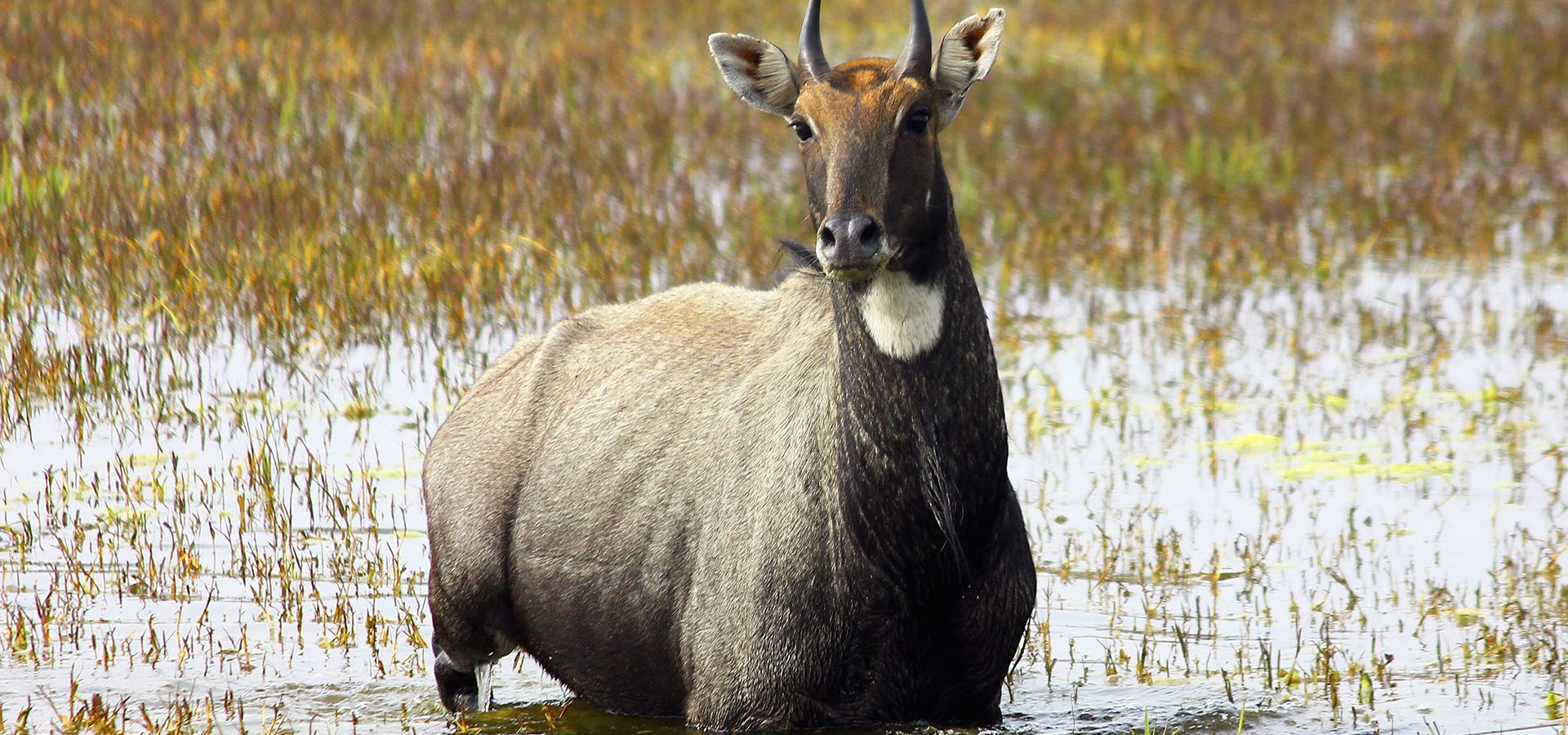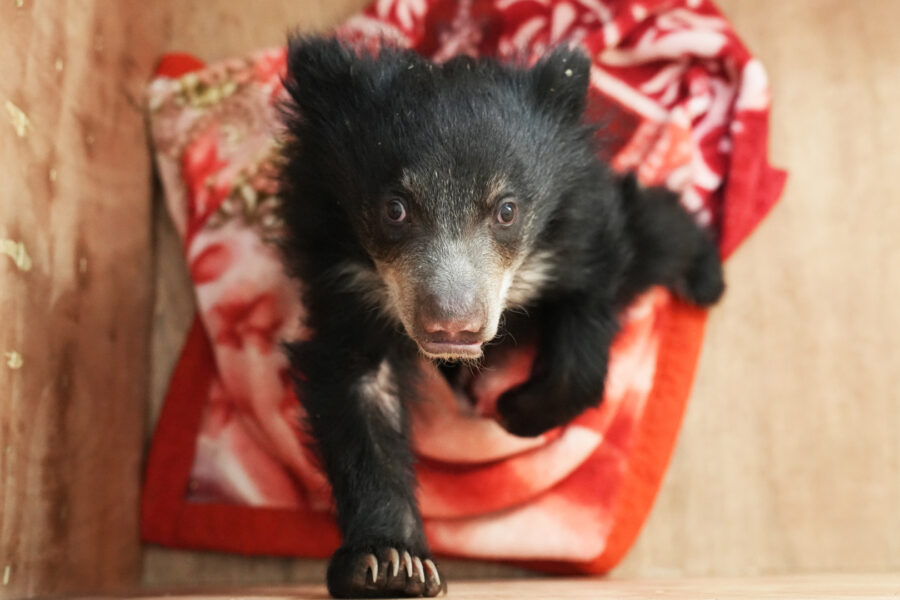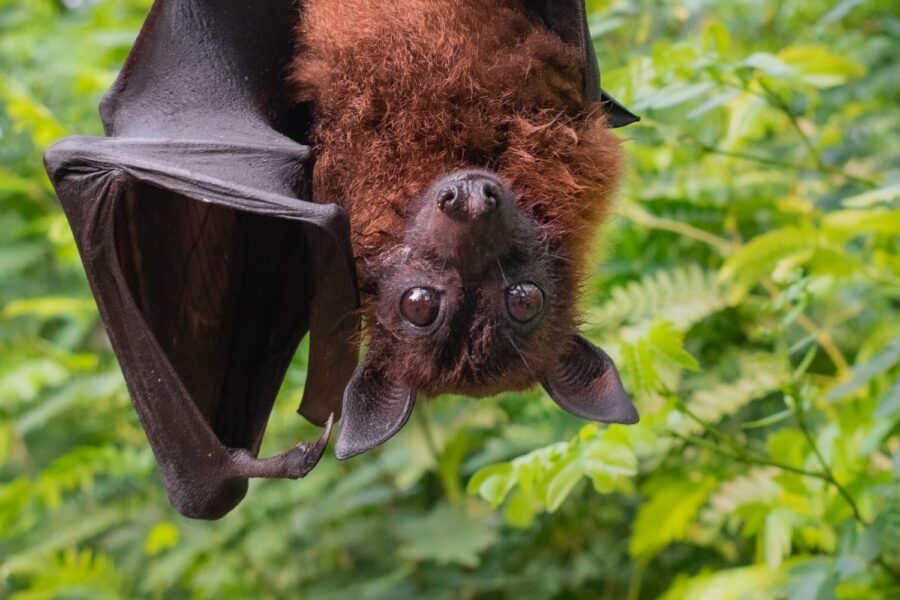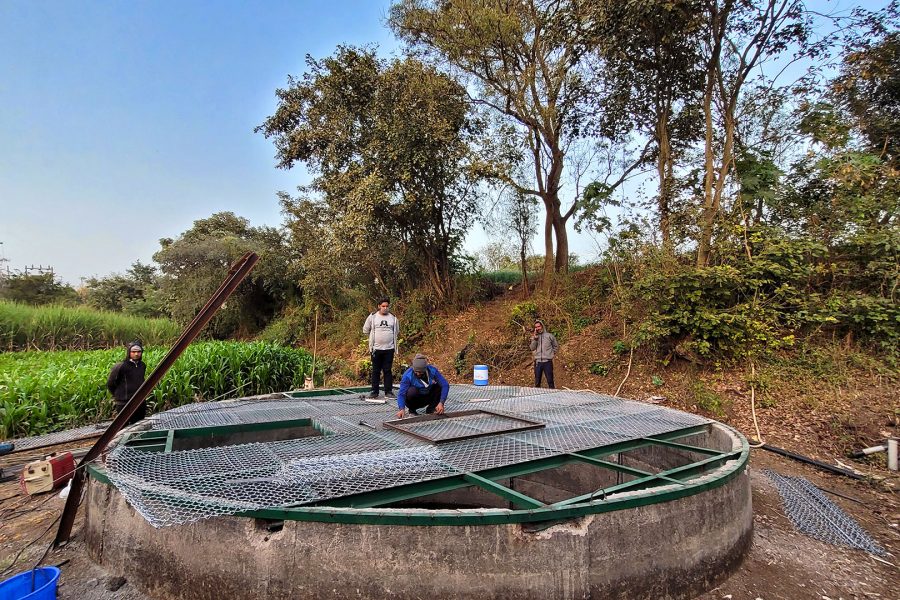The world is fighting against an invisible opponent that has forced us all to push the ‘PAUSE’ button on our lives. This global pandemic has set off a ripple effect across nations, and life as we know it has descended into rather dark times.
This crisis has also had a deep impact on wildlife. While the world has come to a complete and utter standstill, nature seems to be reclaiming her territory— wild animals near urban cityscapes are taking this opportunity to step beyond the comforts of their forested homes, global wildlife trade has been thrown into the spotlight and wildlife tourism too has felt the impact of this pandemic.
Real Life ‘Jumanji’ Situation
A massive Nilgai (Blue-bull) wandering outside a Mall in Noida, India, coyotes basking in the parks of San Francisco, cougars roaming the streets of Santiago, Chile, penguins waddling across Cape Town and even sea lions in Mar Del Plata harbour in Argentina!— the denizens of the world are witnessing some rare wildlife sightings!
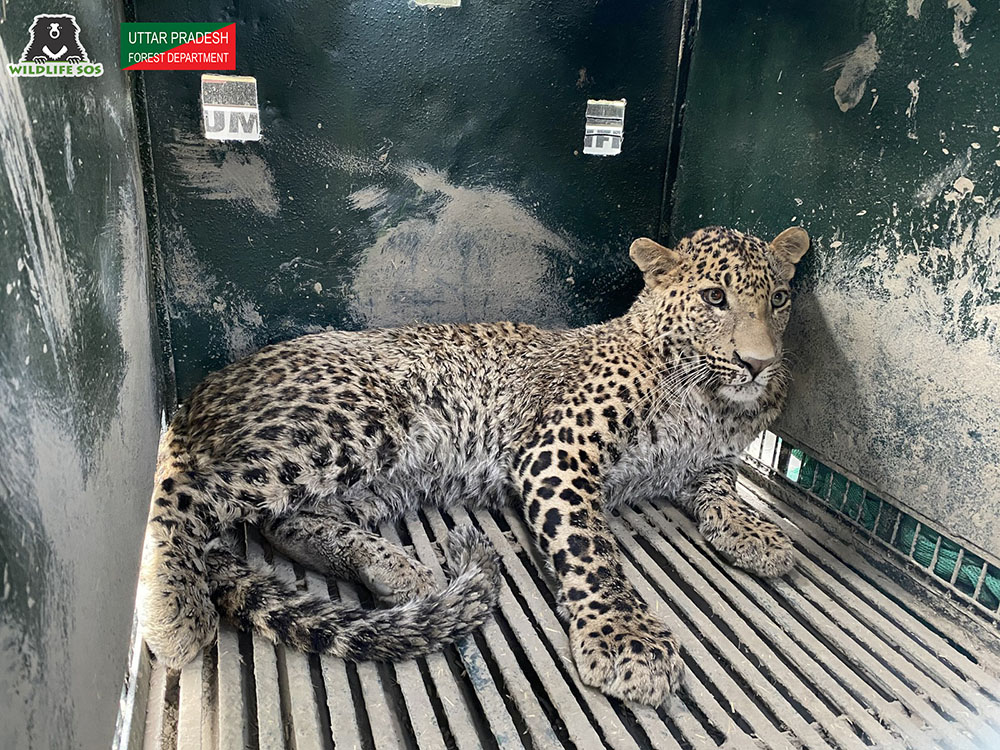
Pollution levels have decreased, public spaces are lying deserted and reduced human encounters has in turn given urban wildlife an opportunity to venture beyond their usual territory. All around the world, there have been reported incidents of animals venturing into cities as people have started confining themselves to the safety of their homes in an effort to control the spread of Coronavirus. This global pause also gives us a chance to rethink our relationship with nature. We must learn to co-exist if we want to sustain our urban ecology.
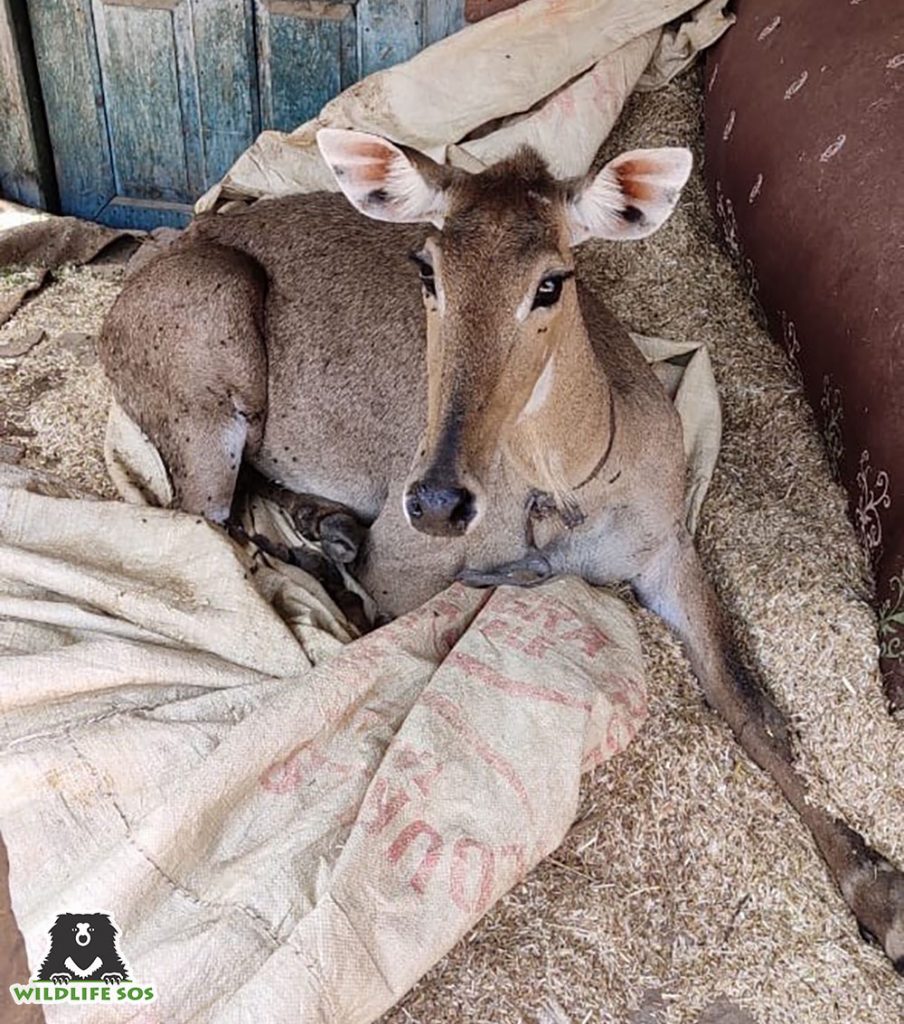
Quarantine is affecting wildlife in unexpected ways. In countries like India, monkeys and several other wildlife species are very much adapted to urban environments and are heavily dependent on human generated food waste to survive. Furthermore, people feed monkeys for religious sentiments which condition them to associate human presence with food and complicate the matter further.
In a video footage from a popular tourist spot in Thailand a troop of starving monkeys were seen brawling over a cup of yogurt due to lack of easily available food. Deer from Nara Park, a popular tourist spot in Japan were seen walking through subway stations and snacking on potted plants. With no one to feed them, animals that have grown dependent on humans for sustenance have been forced to fend for themselves which also has the potential to create further problems including man-animal conflict situations.
All things considered, the idea that wildlife populations will reclaim urban environments during this lockdown period seems quite far-fetched as animals have always been part of our surroundings. In fact, this brings up a more pertinent question— what will become of the animals once this pandemic is contained and humans return to their turf ? Do we continue on as we have so far or do we see this pandemic as humanity’s wake up call?
Wildlife trade takes Centerstage
Another massive impact of the coronavirus outbreak is the decline in wildlife trade which comes as a much needed silver lining in these dark times.
The COVID-19 pandemic is thought to have originated at the exotic animals market in Wuhan, China, throwing a spotlight on the global wildlife trade. Organisations around the world have been urging governments to ban live animal markets, and stop illegal trafficking and poaching of wild animals for a long time, and the onset of coronavirus highlights the negative effects of these practices. Studies now prove that this disease could have been prevented and there were many warnings issued beforehand, however, with reports of the wet market reopening in Wuhan, this progress is further thrown into shadow.

Considering the disease originated from these exotic animal markets, reports of the markets reopening is troublesome news. Zoonotic diseases (originating from animals) continue to be at large. Coronavirus is only one of the many infectious diseases that can be contracted from animals and if wildlife trade is not put to an end, it will not be the last to affect humanity on such a massive scale.
Elephants Freed from Tourist Labour
The global tourism industry has been one of the worst hit during this crisis due to travel restrictions and many countries shutting off their borders. This has brought some much deserved relief to the elephants in countries like Thailand and India which are popular for elephant joyrides for tourists.
Majority of the elephants that are commercially exploited are blind, lame, elderly and sick elephants who are forced to take tourists on their backs on scorching hot surfaces. Sadly, the tourists are kept unaware of the true health condition of the elephant. Festering sores and bleeding abscesses are bandaged up with colourful cloths, wounds and scars are covered with grease or paint and the elephants are prodded with sharp spikes and bullhooks carefully camouflaged as harmless bamboo sticks.

However, this situation is potentially a double-edged sword. While the elephants have been temporary freed from the shackles of unethical wildlife tourism, there is another uncertainty that lurks around the future of these elephants. Lack of a steady income flow for the elephant owners coupled with limited resources of sustenance and veterinary care is also impacting the elephants’ survival. While in India, the state governments are making necessary arrangements by providing monetary support to elephant owners, the situation in countries like Thailand remains grim and filled with uncertainties.
Hopefully current circumstances will enable us to reconsider our lifestyle and our relationship with nature, and make necessary changes that are a long time coming.

